Renewables booming, but it’s still too hot 🥵
The Clean Energy Economy is booming, with global investments in utility-scale wind and solar projects as well as rooftop solar, at a record $329 billion in 2015. Neither a 67% drop in oil prices through 2015, nor low global coal and natural gas prices curtailed global clean energy investment.
Our Clean Energy Economy focuses on the following tracks:
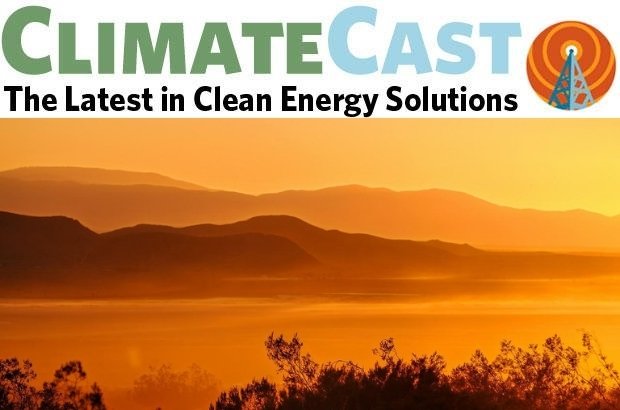
By: Stephanie Noren on
ClimateCast is our curated, biweekly collection of news and commentary on climate issues. In this issue: DC Dispatch; renewables boom; CA leads but still too hot
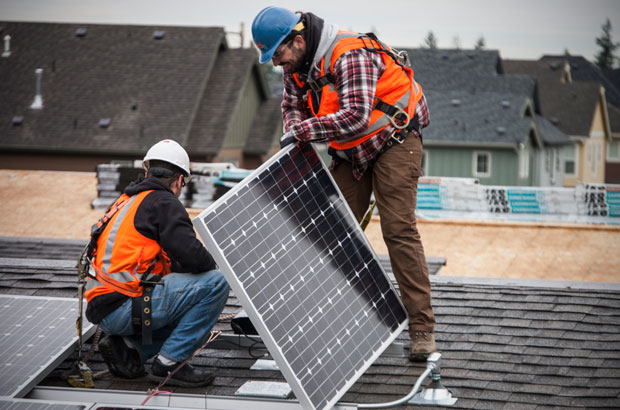
By: Jonathan Lee on
Oregon legislators have proposed cutting the state’s only support for many rural and low-income communities to access solar and energy storage for their own roofs.
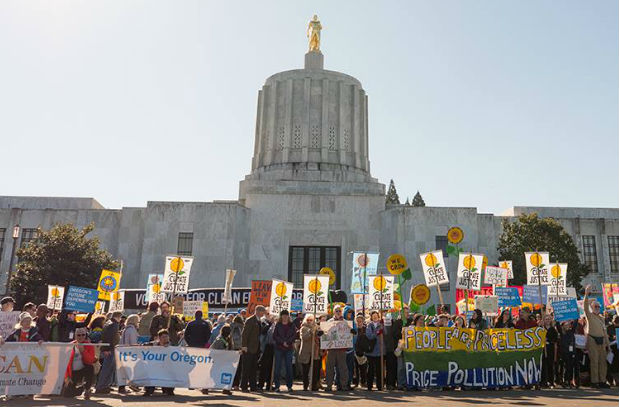
By: Meredith Connolly on
A majority of Oregonians support climate action, especially as our own communities experience impacts of the climate crisis—li

By: Zach Baker on
As we head into the 2020 session, we’re doing everything we can to ensure the Legislature passes a strong cap and invest policy. We’re also working on a number of other complementary bills to move the ball forward on climate – some of which are also unfinished business from last session.

By: Jonathan Lee on
A growing list of states and territories have adopted carbon pricing policies, enacted more robust low-carbon fuel standards, and committed to a timeline for transitioning to 100% clean electricity, but Oregon is not among them.
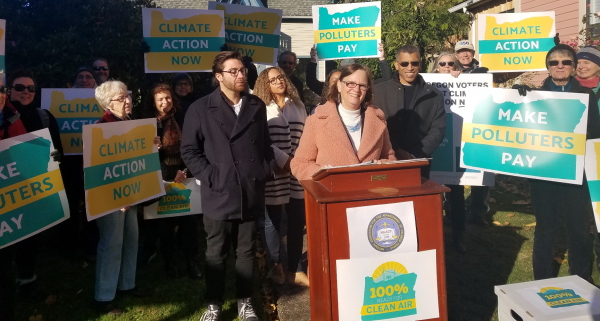
By: Jonathan Lee on
Earlier this week, our coalition of partners officially filed critical climate protection ballot measures with the Oregon Secretary of State's office, having collected twice as many signatures as needed to qualify.

By: Devon Downeysmith on
Clean energy investment is good for business; clean energy jobs are good for communities; the economic benefits of carbon pricing and more in the latest ClimateCast.
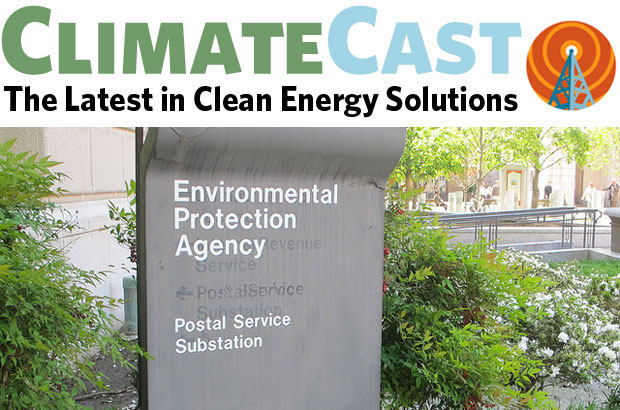
By: Devon Downeysmith on
A deregulatory push at the EPA is met by resistance from state governments. Solar projects grow in scale as well as number. States, cities and towns respond to climate threats with resiliency measures as well as with clean energy planning.

By: Nadine Emmons on
From one driver to another: making sense of the costs, and the economic, environmental and social benefits, of making the leap to an electric car.

By: Gregg Small on
Following Portland and Multnomah County, our region can and will lead the way towards 100% clean energy.
Join our email list to learn about what we do and how to get involved.
A majority of Oregonians support climate action, especially as our own commu
As we head into the 2020 session, we’re doing everything we can to ensure the Legislature passes a strong cap and invest policy. We’re also working on a number of other complementary bills to move the ball forward on climate – some of which are also unfinished business from last session.
A growing list of states and territories have adopted carbon pricing policies, enacted more robust low-carbon fuel standards, and committed to a timeline for transitioning to 100% clean electricity, but Oregon is not among them.
Earlier this week, our coalition of partners officially filed critical climate protection ballot measures with the Oregon Secretary of State's office, having collected twice as many signatures as needed to qualify.
Clean energy investment is good for business; clean energy jobs are good for communities; the economic benefits of carbon pricing and more in the latest ClimateCast.
A deregulatory push at the EPA is met by resistance from state governments. Solar projects grow in scale as well as number. States, cities and towns respond to climate threats with resiliency measures as well as with clean energy planning.
From one driver to another: making sense of the costs, and the economic, environmental and social benefits, of making the leap to an electric car.
Following Portland and Multnomah County, our region can and will lead the way towards 100% clean energy.